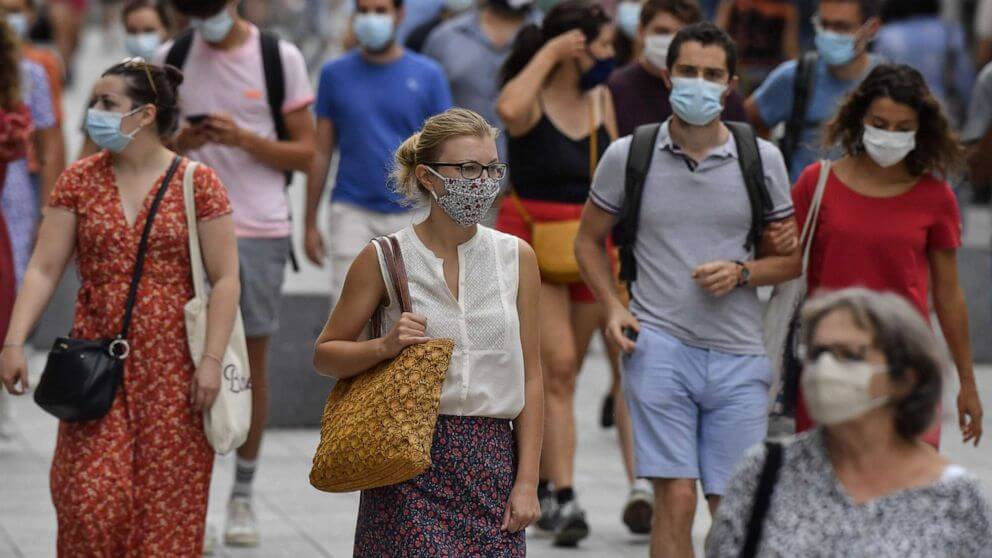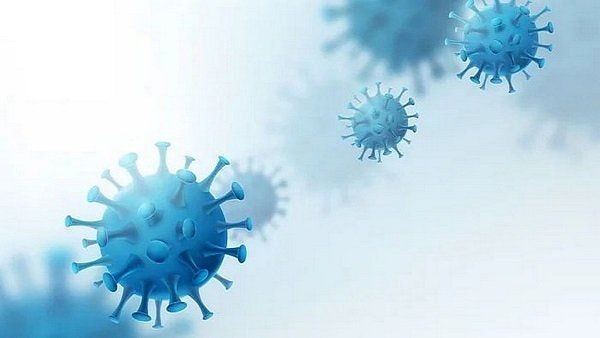Cloth masks may prevent the spread of novel coronavirus: New Study
Wed 27 May 2020, 15:29:38
.jpg)
Cloth masks, particularly those with several layers of cotton fabric, can block droplet and aerosol contamination of the environment, and may reduce transmission of COVID-19, according to a new research. Scientists, including those from McMaster University in Canada, said most virus transmission occurs via larger particles in secretions like droplets, generated while speaking, coughing, or sneezing, and some are created when water evaporates from these droplets, turning them into aerosol-sized particles.
In the study, they examined a century of evidence including recent data, and found strong evidence showing that cloth masks can reduce contamination of air and surfaces.
Based on the review research, Clase said cloth masks
can block even aerosol-sized particles.
can block even aerosol-sized particles.
The study noted that a commercial mask which is made of four-layer cotton muslin can reduce all particles by 99 per cent, compared with 96 per cent to 99 per cent for contemporary disposable medical masks.
Even for aerosols, Clase and her team believe that cloth masks are comparable with medical masks.
While the filtration of cloth is variable with single layers of scarf, sweatshirt and t-shirt keeping away particles in the 10 to 40 per cent range, the scientists said multiple layers increase efficiency.
Citing previous studies, the researchers said some combinations of cloth such as cotton-flannel, block more than 90 per cent of particles.
No Comments For This Post, Be first to write a Comment.
Most viewed from Coronavirus Updates
Most viewed from Health
AIMIM News
Owaisi hails SC order on Places of Worship Act
Dec 13, 2024
AAP Corporator Tahir Hussain joins AIMIM party
Dec 11, 2024
BJP-SP two sides of same coin: Asaduddin Owaisi
Nov 19, 2024
Latest Urdu News
Most Viewed
May 26, 2020
Do you think AAP will perform better in Delhi polls without alliance?
Latest Videos View All
Like Us
Home
About Us
Advertise With Us
All Polls
Epaper Archives
Privacy Policy
Contact Us
Download Etemaad App
© 2024 Etemaad Daily News, All Rights Reserved.













.jpg)





.jpg)



















